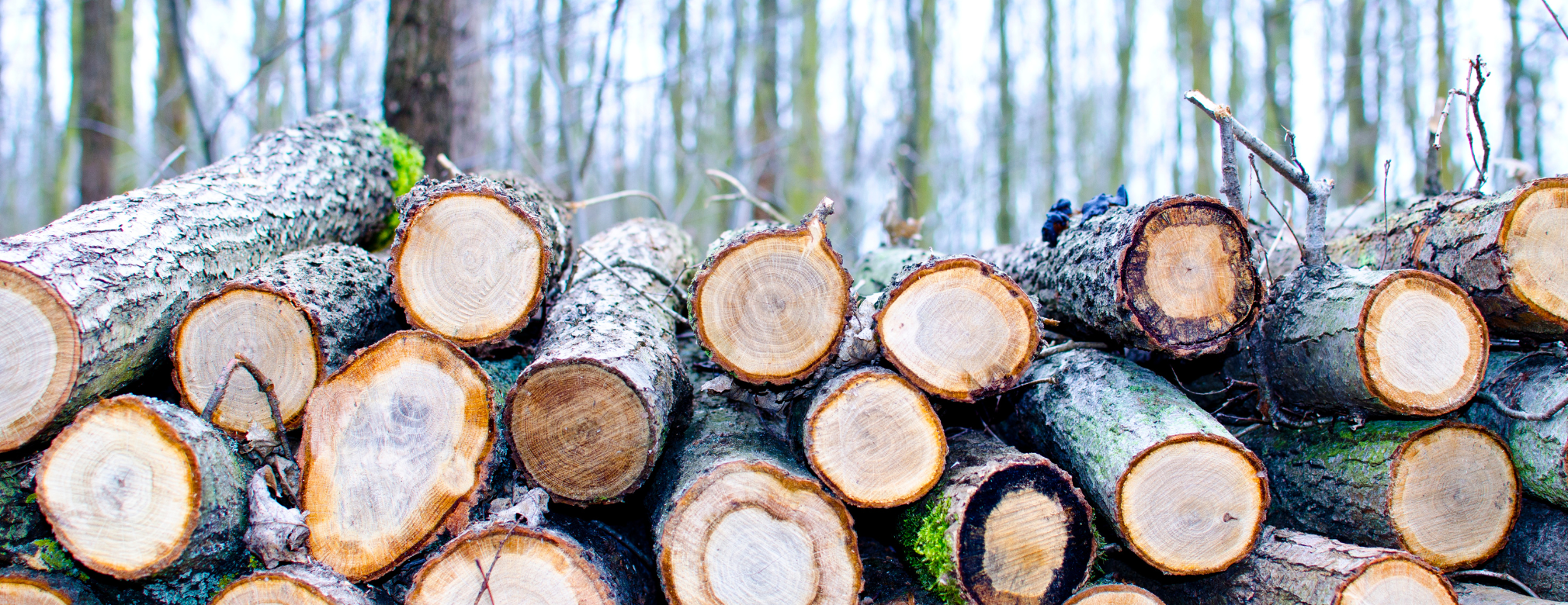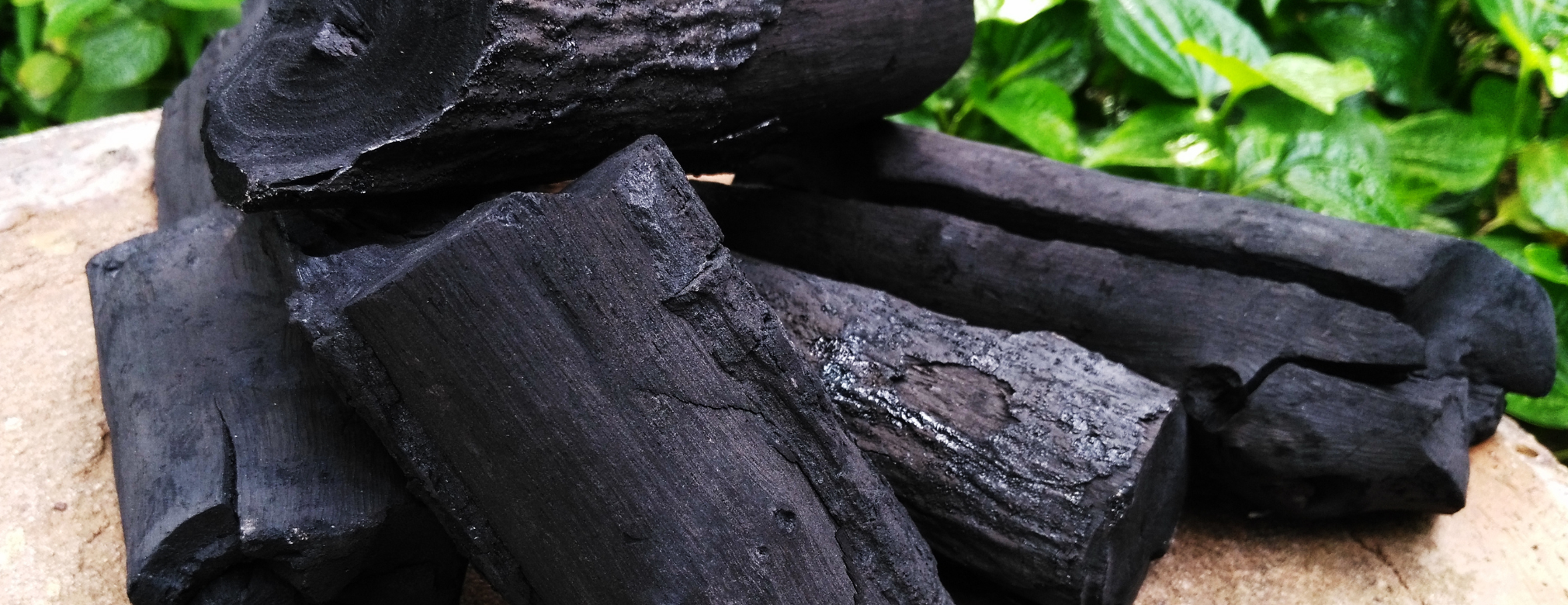Specification & Transaction Dynamics
UNDERSTANDING WOOD CHARCOAL: A BUYER’S GUIDE
Introduction
Wood charcoal is a multipurpose and essential product that is used in many industries, ranging from cooking and heating to metallurgical processes. Nigeria is a major player in the production and exportation of wood charcoal. The global demand for wood charcoal is significant, and this is driven primarily by its use in households, restaurants, and industrial applications. Africa, including Nigeria, is a major exporter of wood charcoal, with key markets in Europe, the Middle East, and Asia. This Guide serves as a handy resource to facilitate a successful and seamless transaction execution process.
Production Process
The production of wood charcoal involves the following steps:
- Harvesting: Trees are selectively cut and transported to production sites.
- Drying: The wood is dried to reduce moisture content.
- Carbonization: The dried wood is burned in a controlled environment with limited oxygen to produce charcoal. This can be done using traditional earth kilns or modern retorts.
- Cooling: The charcoal is allowed to cool before being packaged.
- Packaging: Charcoal is packed in bags or bulk containers for shipment.

Sources of Wood Charcoal
Nigeria is rich in hardwood forests, which provide the primary raw material for wood charcoal production. Common sources include:
- Hardwood Trees: Species such as oak, mahogany, and iroko are preferred for their dense wood, which yields high-quality charcoal.
- Agricultural Residue: Coconut shells and palm kernel shells are also used to produce charcoal.
Specifications of Wood Charcoal
Generally, when purchasing wood charcoal, importers should consider the following specifications:
- Fixed Carbon Content: Higher fixed carbon content indicates better quality.
- Moisture Content: Low moisture content (below 8%) is preferable.
- Ash Content: Lower ash content (below 4%) ensures cleaner burning.
- Size: Charcoal can be supplied in various sizes, from large lumps to fine powder.
- Volatile Matter: Lower volatile matter is ideal for a smokeless burn.

Regulations
Exporters are typically required to comply with several regulations that include:
- Environmental Regulations: Sustainable harvesting practices must be followed to protect forests.
- Export Permits: Obtain necessary permits from Nigerian authorities.
- Quality Standards: Ensure the charcoal meets international quality standards.
- Documentation: Proper documentation, including certificates of origin and phytosanitary certificates, may be required.

Standard Export Transaction Procedure
The following is an indication of standard trade procedure. This is generic and serves only as a guide. The buyer and the seller will of course discuss and agree the terms and conditions of each transaction.
- Inquiry and Quotation: Importer sends an inquiry; exporter provides a quotation with specifications, price, and terms.
- Sample Approval: Importer requests a sample for quality verification.
- Contract Agreement: Both parties sign a sales contract outlining terms and conditions.
- Production: Exporter produces and packages the charcoal as per agreed specifications.
- Inspection and Certification: Quality inspection and necessary certifications are obtained.
- Shipping: Exporter arranges for transportation and shipping.
- Documentation: Exporter prepares and sends all required documents, including the bill of lading, invoice, and certificates.
- Payment: Payment: Importer makes payment as per the agreed terms (e.g., Letter of Credit, Standby Letter of Credit (SBLC), Advance payment.
- Delivery: Charcoal is delivered to the importer.
Need a quote?
Adhering to a standard export procedure ensures a smooth and successful transaction execution. Feslyn Global Industries Limited guarantees you value for your money when you place your Order with us.
To receive a Quote or for further enquiries, please complete the Order Form on the Contact Us Page.